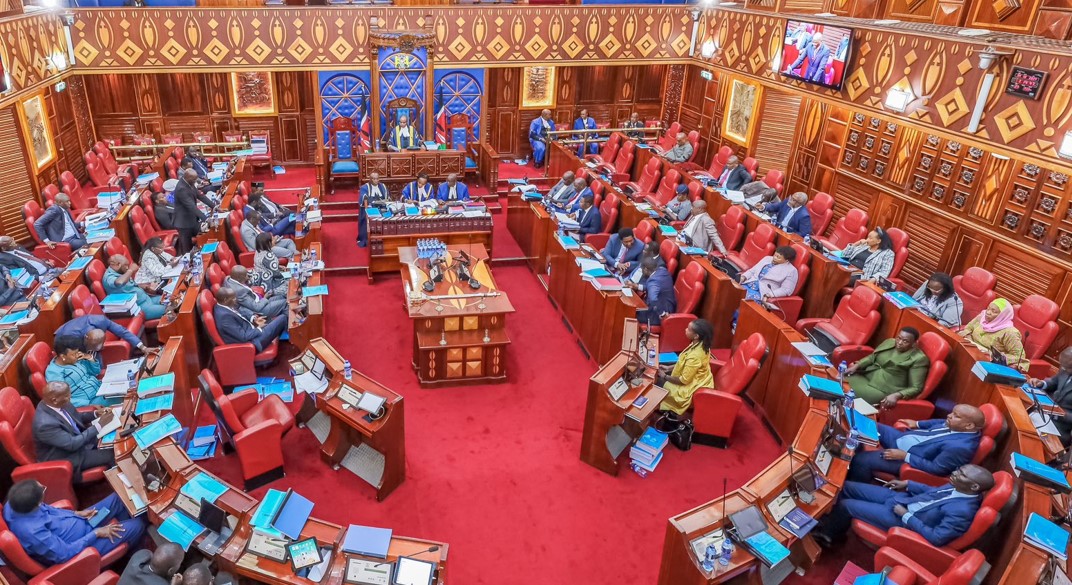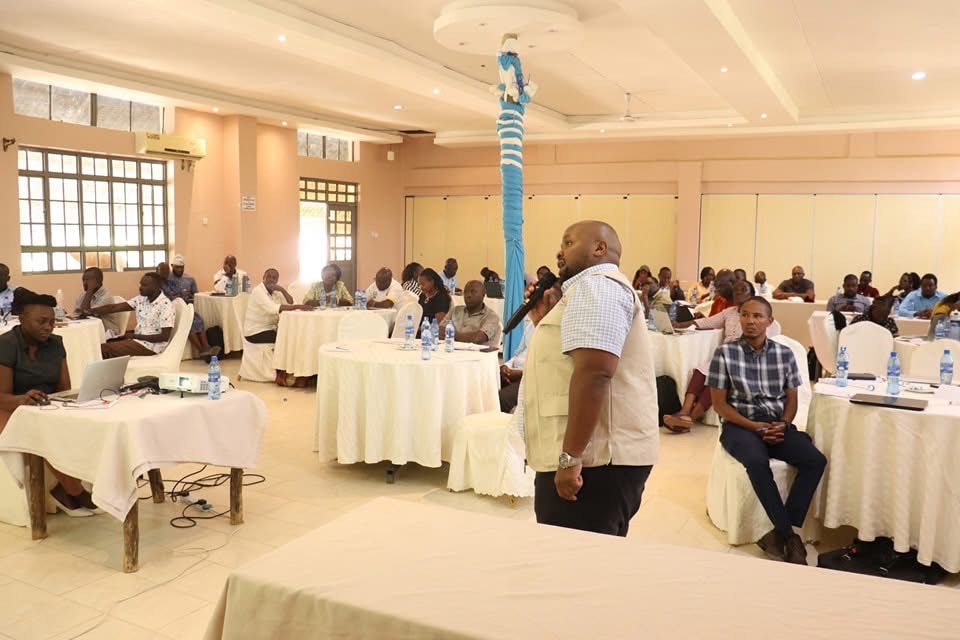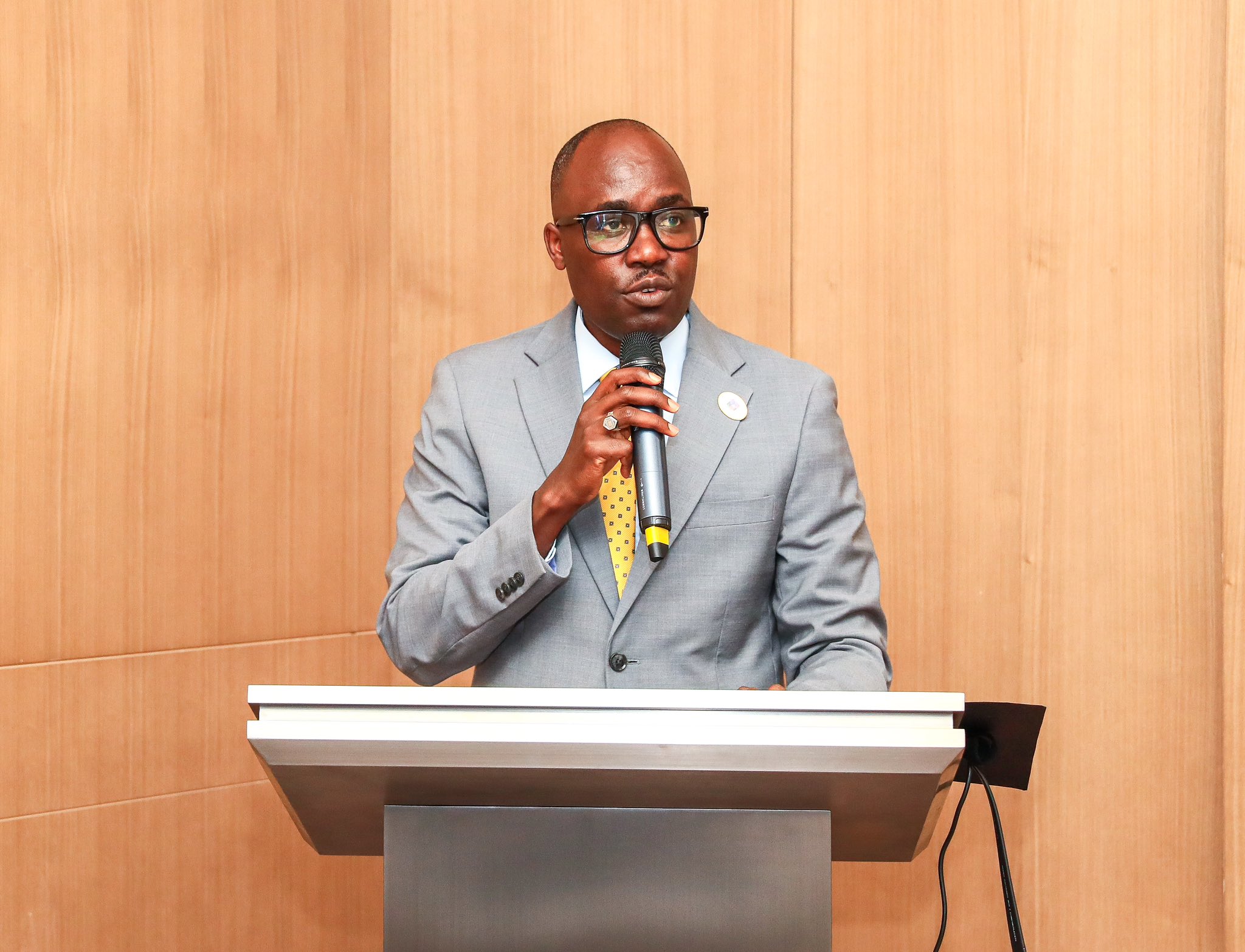Crucial Bills delayed as Parliament adjourned 66 times in 2024 over lack of quorum

The report highlights growing concerns about the exclusion of citizen input in legislative processes, with many bills passed despite public opposition.
Crucial Bills and legislative debates were delayed as Parliament faced 66 adjournments in 2024 due to a lack of quorum, a report by parliamentary watchdog Mzalendo Trust has revealed.
The National Assembly adjourned 40 times, while the Senate failed to proceed on 26 occasions, raising concerns over lawmakers' commitment to their duties
More To Read
- MPs want time to review budget policy statement extended by seven days
- ICT CS nominee Kabogo explains Sh3 billion assets including land, shares
- I am not arrogant, just serious - Kabogo responds to criticism of his leadership style
- Concerns raised over ethical issues, gender balance as Ruto’s Cabinet nominees prepare for vetting
The report reveals that 25 per cent of the National Assembly's 158 sittings were adjourned, with two sessions failing to take place entirely, one of which followed the impeachment vote of former Deputy President Rigathi Gachagua.
Similarly, 15 per cent of the Senate's 177 sittings were aborted due to insufficient attendance, including six that did not occur at all.
"Some of the instances where there was a lack of quorum occurred on days when critical issues were on the agenda," Mzalendo said, pointing to examples such as discussions on the high cost of electricity and debates on heavy rains and flooding affecting various regions of the country.
Citizen input ignored
The report also highlighted growing concerns about the exclusion of citizen input in legislative processes, with many bills passed despite public opposition.
"Whilst there has been an increase in legislative output this year, Kenyans’ sentiments and needs continue to be pushed to the periphery, especially in key legislations," reads the report.
Mzalendo further criticised lawmakers for their voting patterns that fail to reflect the wishes of the electorate and attempts to weaken constitutional provisions through proposed amendments.
The watchdog also flagged the inconsistency in public participation timelines, which ranged from as little as three days to 24 days for various bills.
For instance, the Digital Health Bill in the Senate allowed only three days for public input, while the Social Health Insurance Bill in the National Assembly had a seven-day window.
"Worryingly, the bills that elicit the most public interest seem to attract the shortest participation timelines," read the report.
Despite increasing calls for accountability, the report found that Parliament often sidelines citizen concerns, failing to align its priorities with the aspirations of the electorate.
"In a year that has seen Kenyans persistently voice their aspirations and concerns, the failure by Parliament to address these needs should be of concern to the citizens," Mzalendo said.
The findings have intensified calls for lawmakers to address inefficiencies in their operations and strengthen mechanisms for meaningful public engagement in legislative processes.
Top Stories Today
















